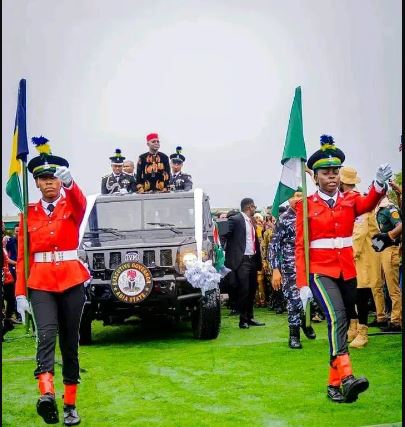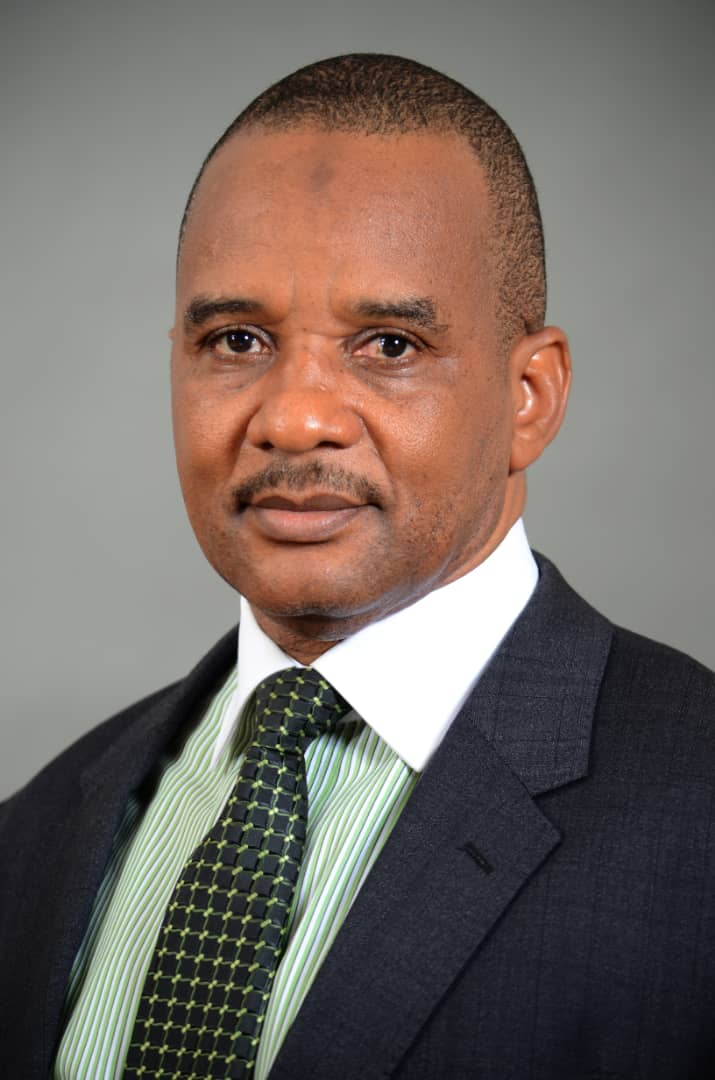…Seeks investments in Blue economy
Expectations of maritime stakeholders who attended the just ended 23rd Nigerian Economic Summit Group (NESG) in Abuja were shattered when the Director General of the Nigerian Maritime Administration and Safety Agency (NIMASA) Dr. Dakuku Peterside skipped critical issues in the industry and charged Nigerians to key into the opportunities afforded by the Blue economy.
Though he noted that Blue economy (maritime industry) is the fastest growing sector in the world with enormous business potentials, he did not open up on what the agency is doing to join the global growth as it concerns cabotage vessel financing fund (CVFF).
It would be recalled that the very last major industry growth support policy decision made by NIMASA since August was the unveiling of a new compliance strategy for implementation of the 14-year old moribund Cabotage Law.
Stakeholders had expected details of compliance so far received by NIMASA following the unveiling of the strategy in August this year how best to access the facility.
Business Hilights can recall that several industry pundits saw the released compliance strategy for implementation of the Cabotage Law as diversionary and confusing.
Leading maritime lawyer and Principal Partner of Akabogu & Associates, Mr. Emeka Akabogu was among analysts who picked holes in the activities of the agency in moving forward the Nigerian maritime industry.
In an interview shortly after NIMASA released the cabotage compliance strategy, he said “the failure of the cabotage implementation up till now has been because of NIMASA not really because of the law”.
“NIMASA over the years has had no will to simply implement the latter of the law. What they have come up with simply is that they will no longer grant waivers relating to certain categories of officers.
Continuing, Akabogu averred that “Now for those categories of officers, yes it makes sense that there is no point having foreigners for second officers but I really don’t see any significant impact that would have; given that ordinarily most of the time, those categories of officers are indigenous”.
“For the companies which are coming into the country say temporarily and working for a very short period of time, how that will apply we need to see. I think that the more significant area of focus should be relating to granting of waivers to ships itself.
According to him, “If NIMASA is serious, the new compliance strategy should not have been limited to a number of officers; it should have covered none granting of waivers to certain types of ships particularly tanker vessels involve in operating along the coast”.
“If they had insisted and said they would no longer grant any waivers for now to such tanker vessels that would have had an impact. But as far as they keep granting waivers to tanker vessels, all these other ones, their impact will just be minimal and more of noise as opposed to real impact.
Akabogu further argued that the real impact is by limiting the granting of waivers to tanker ships, stressing that “If NIMASA is serious, that is what it should do on the matter”.
Dr. Peterside who spoke at the 23rd NESG confab with theme; ‘Opportunities, Productivity and Employment: Actualizing the Economy Recovery and Growth Plan,’ said with the length of the nation’s coastline and the attendant volume of maritime trade, Nigeria is at an advantage of developing the blue economy and stakeholders have to actively participate to reap the benefits of the sector.
According to him, “developing the blue economy is paramount across the globe now, and the public and private sector have to collaborate to sustainably harness the potentials of our maritime sector for the benefit of the Nigerian economy especially as the Federal Government continues the economic diversification drive”.
Though NIMASA DG observed that it was high time Nigerians began to tap into the opportunities embedded in our maritime sector as had been done in economies like Singapore, Ukraine and South korea, he was silent on the core challenges of local players which included poor access to the nation’s major seaports, non takeoff of cabotage regime after 14 years of the law and the confusion surrounding the CVFF.
However, he was quick to agree that with improved maintenance culture, adequate data management and statistics as well as articulated actions from stakeholders backed up with political will, Nigeria will be a leading light in the comity of maritime nations.









